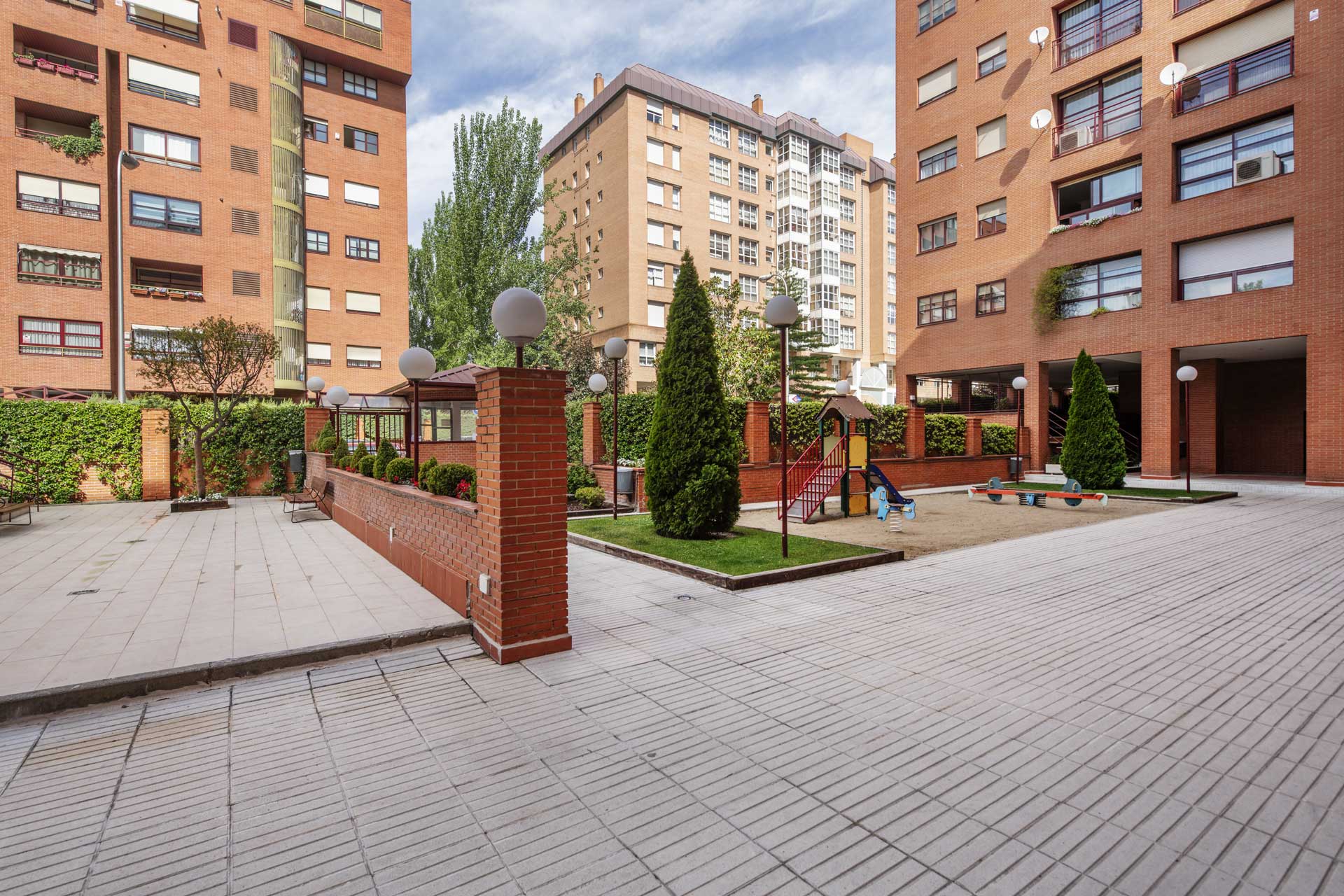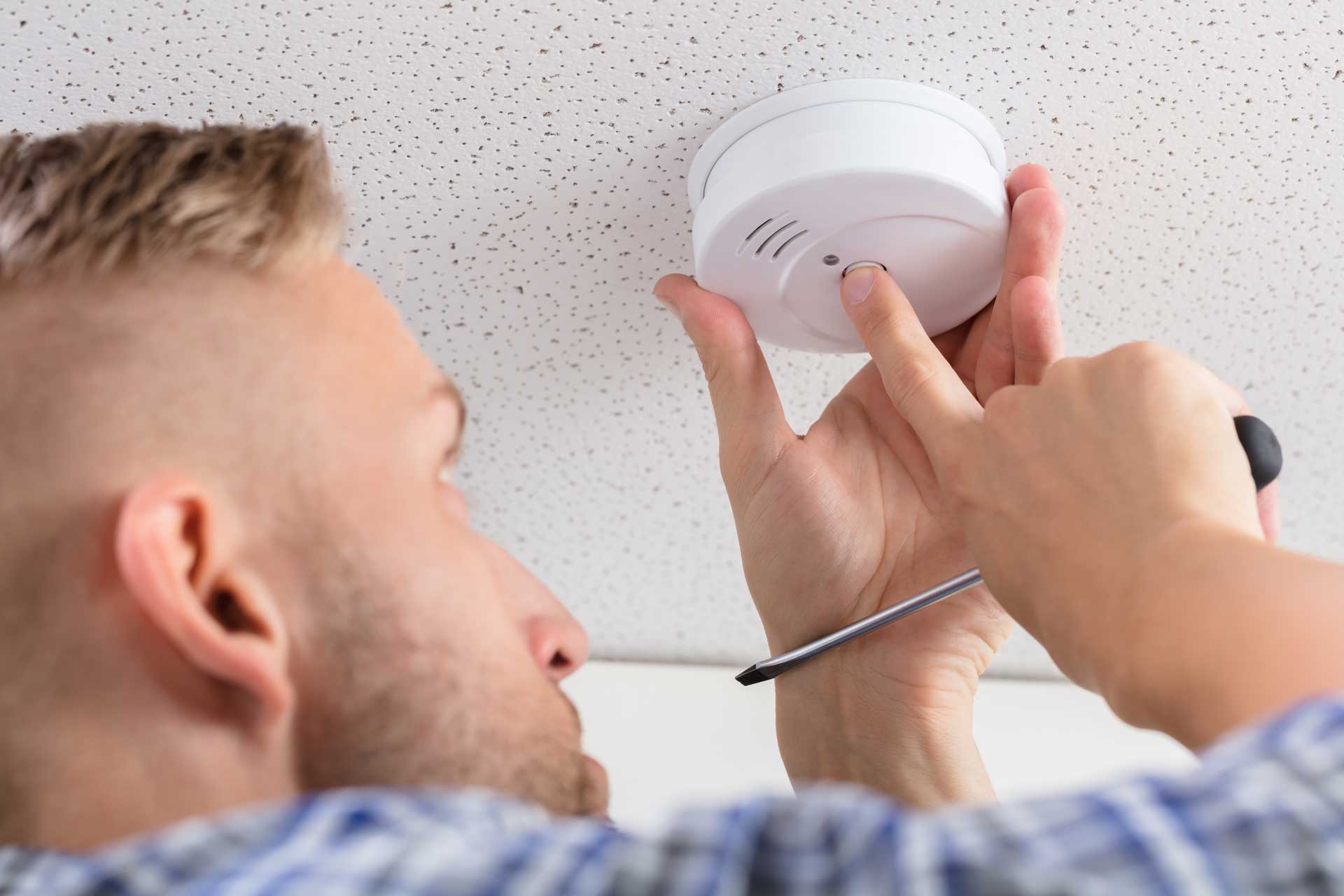Earlier this year, Governor Hochul announced annual increases to New York’s minimum wage to help low-wage employees keep up with the rising cost of living.
Beginning January 1, 2024, New York’s minimum wage will increase to $16 in New York City, Nassau, Suffolk, and Westchester. For all other areas in the state, it will increase to $15.
In addition, we are awaiting final word on whether the NYS DOL will approve proposed changes to hospitality wage orders as published in the State Register October 4, 2023. If approved as is (which is expected), effective January 1, 2024, wages for food service workers in:
- NYC, Long Island and Westchester will be $16 for minimum wage; $10.65 for cash wage; $18.65 for overtime cash wage and $5.35 for tip credit.
- All other parts of New York will be $15 for minimum wage; $10 cash wage; $17.50 for overtime cash wage and $5 for tip credit.
Starting January 1, 2027, increases will be tied to inflation and based on the three-year moving average of the Northeast Region’s CPI for Urban Wage Earners and Clerical Workers (CPI-W). This is intended to help maintain the purchase power of workers’ wages from one year to the next.
As of when this article was written (December 15), we are still awaiting final word on whether the NYS DOL will approve proposed changes to hospitality wage orders as published in the State Register October 4, 2023. This will result in changes to wages for food service workers (as noted above), wages for hospitality service employees, meal credit and uniform allowance. Finally, there are proposed changes to the salary exempt threshold effective January 1, 2024.
We will let you know when these proposed adjustments are approved. In the meantime, it’s a good idea to consult your employment or labor attorney to ensure compliance.
To free you up to focus on these and other important aspects of running your business, please remember RBT CPAs is here to help with your accounting, tax, audit, or business advisory needs. Interested in learning more? Give us a call today.
RBT CPAs is proud to say 100% of its work is prepared in America. Our company does not offshore work, so you always know who is handling your confidential financial data.




